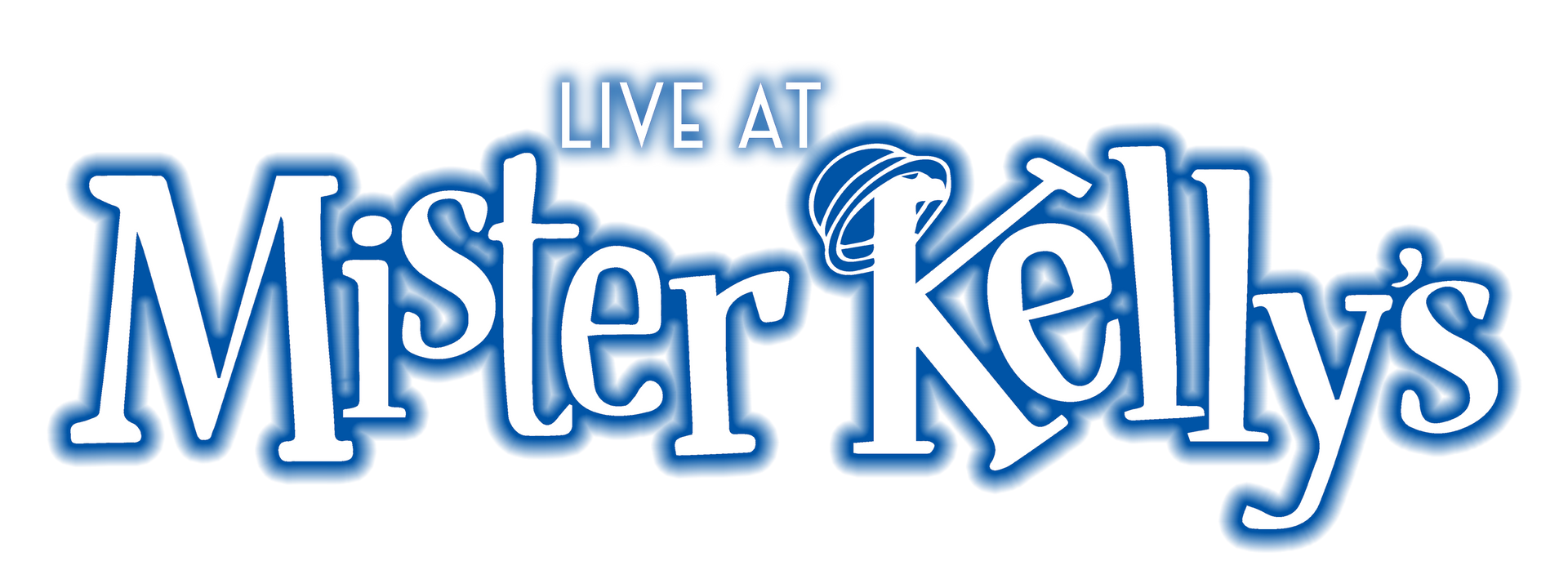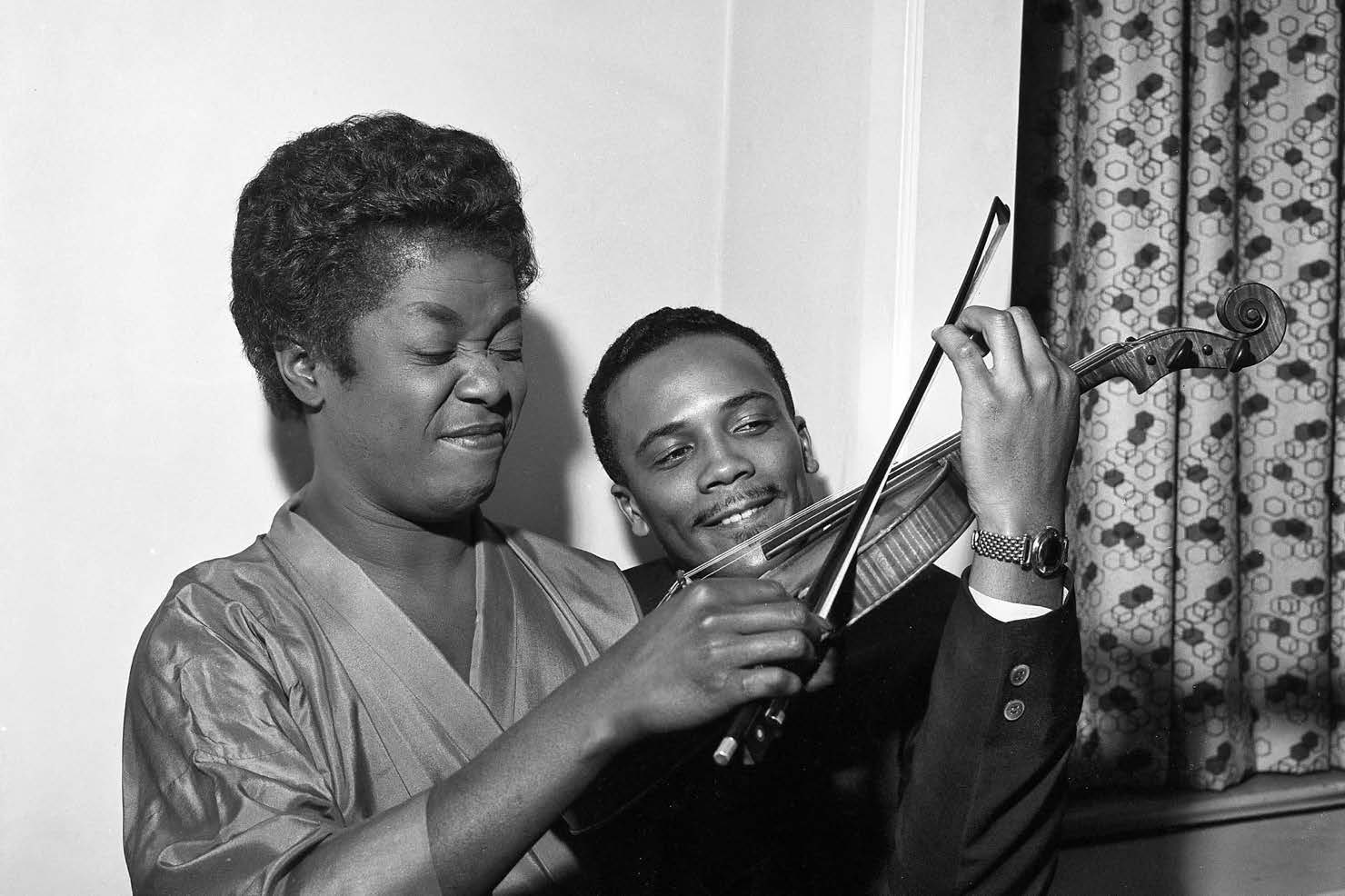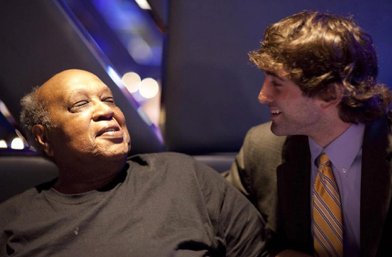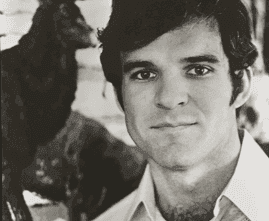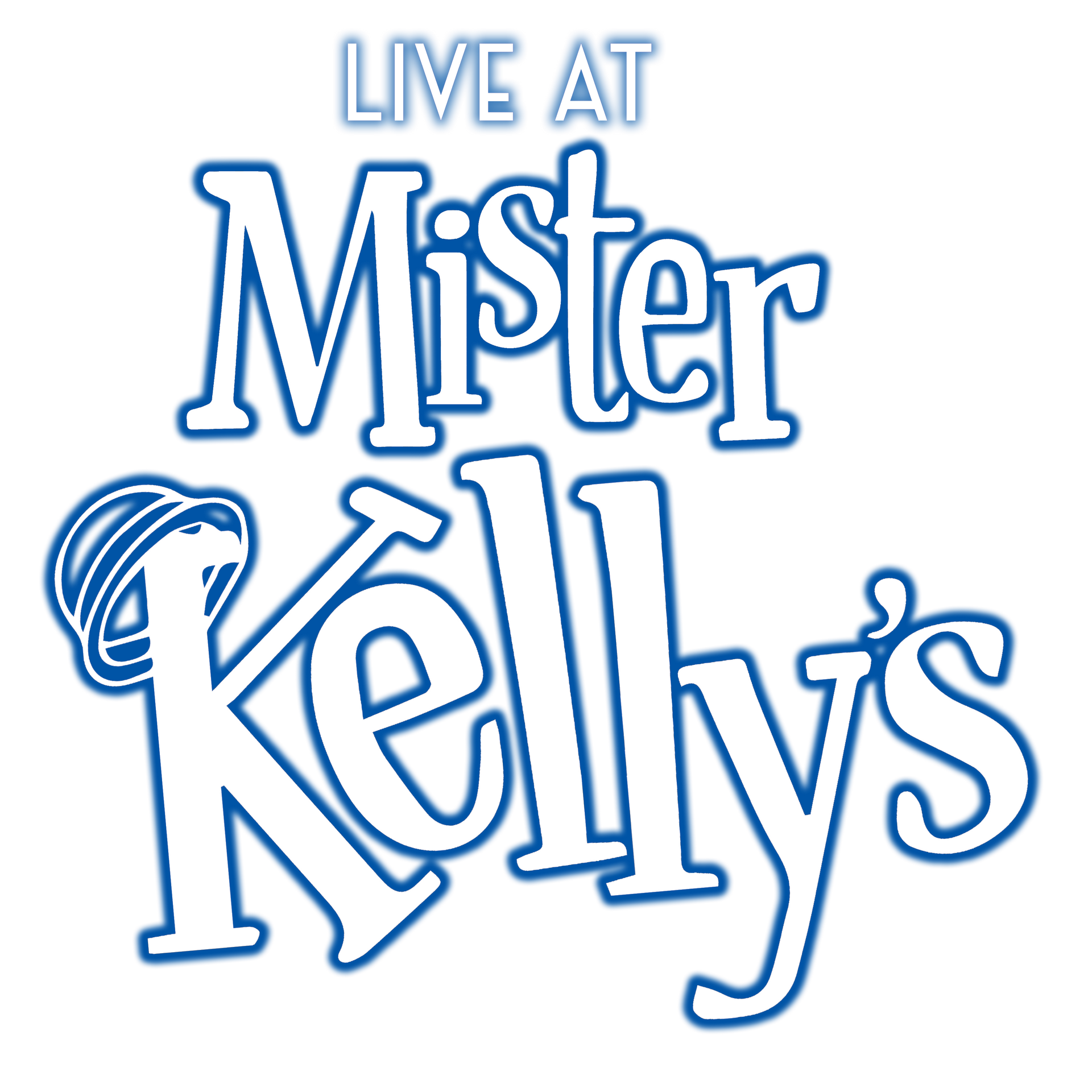Herbie Hancock At London House: Playing to the Outer Reaches And Beyond
- By Jeremy Bucher
- •
- 10 May, 2018
- •
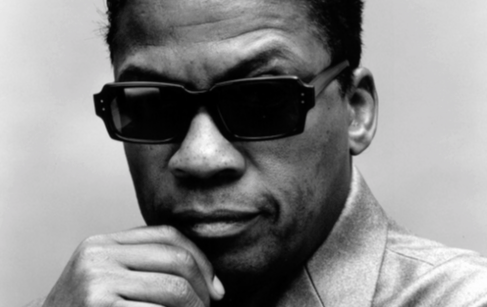
Guest Blogger Jeremy Bucher tells how London House nurtured the Sextet's revolution in Jazz!
During November 1970, the Herbie Hancock Sextet, fully engaged with its destiny of pushing the outer limits of Jazz, was booked for an unusually lengthy, four week engagement at Chicago’s London House. This gig was an important moment in the history of Herbie Hancock—already known for redefining the role of the jazz rhythm section and pioneering the post-bop sound— and his band, as it would feed and influence the creation his 1971 album, Mwandishi. This album represented a new direction for Hancock, moving away from traditional jazz idioms and bringing him ever closer to jazz-fusion.
.
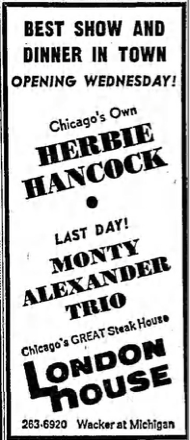
At the time, Hancock saw Chicago’s wildly cool London House as “an old-school jazz club,” where more traditional jazz was played. Not meaning to disparage the club, he said that “the music was very good, but it wasn’t what you’d call avant-garde.” Because of this image, Hancock recalls thinking that the owner, George Marienthal expected him to show up playing the more conventional jazz that his band had been known for. But at this moment, Hancock’s band was dynamic, experimental, and changing quickly in dramatic ways. As Hancock puts it, Marienthal “didn’t realize that the band that had started out so gentle and controlled had evolved into this ferocious beast from outer space.”
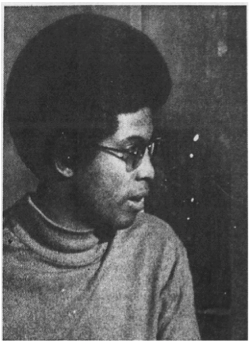
The band was hired to play two sets, one during dinner and another later on in the evening, “for four weeks, five days a week, with Mondays and Tuesdays off.” Hancock recalls telling George Marienthal that he did not think they should play during dinner, saying that he “couldn’t imagine how the clientele would respond to our tripped out vibe while they dug into their filet mignons.”
He was right. George Marienthal reluctantly approached the band after their first dinner set and informed them that the crowd did not like their sound and only wanted them for evening sets going forward.
…So that first week did not go well. Hancock and the band were just as upset as the owners that the audience was not embracing the strange new jazz they were laying down. Hancock was convinced that they could still win over the crowd, and during the second week things started to turn around. A new audience of younger, black patrons started journeying from the South Side of the city to “hear something far out.” According to author Bob Gluck, despite being disappointed that the expected tunes were not played, “Co-owner George Marienthal treated the booking as an opportunity,” saying “Herbie’s music doesn’t appeal to the usual cocktail crowd. And he mystifies many of my dinner customers. But we have a lot more people of all ages coming out late at night to hear him. And that’s a good sign.”
This adaptation, and ready acceptance of a new crowd of forward-thinking patrons was part of what made the Marienthal brothers, and the scene they created at the London House so special. They were willing to take risks and support creative experimentation. And the chance they took on the band was ultimately beneficial to both themselves and to the Herbie Hancock Sextet—not to mention the evolution of Jazz in the 20thCentury.
According to Hancock, “The energy in the room was changing, and one night in the middle of the second week it entered the realm of the mystical.” He remembers the first set being great, and the second set being “even better than the first.” But for Hancock, it is the third set that really brings down the house. In his book, Possibilities, he describes it as “transformative.”
“As we started that set I watched my fingers as I played. To my shock, they seemed to be moving by themselves. I wasn’t controlling them; they were just playing of their own accord. Yet everything my fingers played was connecting perfectly to everything Buster was playing, and Bennie was playing, and Billy was playing. As we got deeper into the music we became one big pulsating creature – all of those guys somehow became me, and I became all of them. It was as if we were inside each other, in a way I had never felt before and have never felt since. It was a deeply spiritual experience.”
“I didn’t speak between tunes – we just went from one to the next. And when we finished, the club was absolutely silent. Not a soul moved. I felt totally euphoric, like I was floating on air. And then the applause started. It just rose and rose, the loudest ovation I’d ever heard. People were shouting, laughing, crying.”
Subsequent events reveal that this November 1970 engagement at London House was a major turning point for Herbie Hancock, his band and America’s home-grown musical stylings. It helped build energy and momentum around the new phase of Hancock’s career that would crystalize the following year with the release of his album Mwandishi, which represented his official break from his earlier more traditional work. That evolution was aided and abetted by George Marienthal, a man willing to take a risk on a new sound, even if it lost him some customers. It was a risk that paid off for him in the end. London House got a new audience, Herbie Hancock found a new sound.
…and that’s how things shouldwork in music, don’t you think?
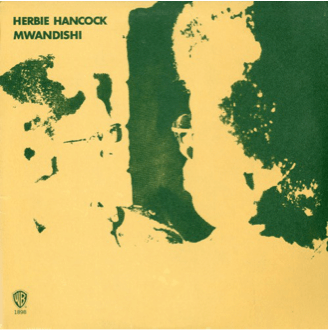
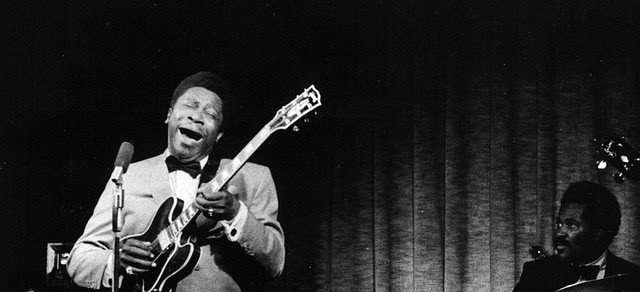
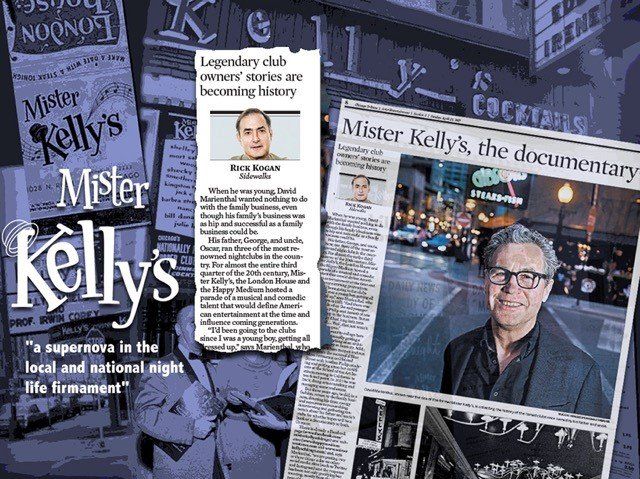
When he was young, David Marienthal wanted nothing to do with the family business, even though his family's business was as hip and successful as a family business could be.
His father, George, and uncle, Oscar, ran three of the most renowned nightclubs in the country. For almost the entire third quarter of the 20th century, Mister Kelly's, the London House and the Happy Medium hosted a parade of a musical and comedic talent that would define American entertainment at the time and influence coming generations.
"I'd been going to the clubs since I was a young boy, getting all dressed up," says Marienthal, who was born in 1951. "And there was some talk of us (he and younger brothers Philip and James) of one day getting in the business. But as a teenager I had long hair, torn jeans and …. Well, that just wasn't going to happen."
So off he went to college here and there, eventually getting a degree and working as an architect and builder in Sante Fe, N.M.; coming back here to open and run for 17 years the successful Blue Mesa restaurant on Halsted Street with brother Philip; studying and getting a teacher certificate at the School of the Art Institute; moving to California to teach and paint. In 2010 he was back, doing arts consulting and managing some real estate.
But three years ago, he did, in a fashion, return to the family business, devoting his time, energy and resources to researching, interviewing and gathering materials about his father and uncle's clubs for what he hopes will be a book or a documentary or both. Or more.
There is already a Facebook page ( www.facebook.com/misterkellyschicago ) and websites ( www.happymediumventures.com and www.misterkellyschicago.com ) and, says Marienthal, "we are posting two or three things a day on other social media sites (such as Twitter and Instagram) and the response has been not only gratifying but amazing, mostly from the 18-35 year old crowd."
This is how he puts a possible TV series — already with a script being pitched to producers — on his website:
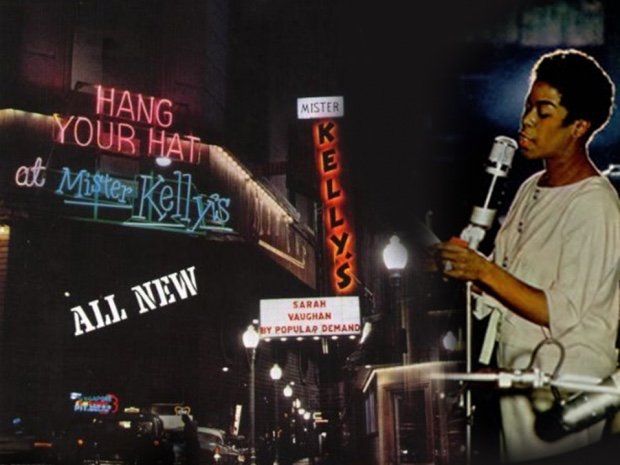
Join us to support the legacy of Mister Kelly's and the documentary film being produced by David Marienthal with WTTW Chicago Public Media, directed by Philip Koch.
This two-act concert features Kimberly Gordon, Sophie Grimm, Lynne Jordan, Frieda Lee, LaShera Moore, Daryl Nitz, Jeannie Tanner, and Ellen Winters. Musical direction by Andrew Blendermann, with Joe Policastro on bass, Phil Gratteau on drums. Special guest performance by a Chicago high school student protege from ChiArts.
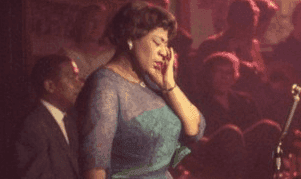
Happy Medium Ventures and Daryl Nitz Entertainment present:
Ella Live at Mister Kelly's: a benefit performance and preview for the documentary film, “Mister Kelly’s: Wasn’t It a Time?”
Monday, January 29, 2018
City Winery Chicago at 1200 W. Randolph Street, Chicago, IL 60607
$25-$40
For tickets go to Ella at Mister Kelly’s
Ella Live at Mr. Kelly's
On August 10, 1958, Ella Fitzgerald recorded her “Live at Mister Kelly’s” LP. In 2007 the concert was remastered and re-released in its entirety, including the early and late sets. This Ella centennial celebration concert presents the entire concert, without song duplication, of both sets. Featuring such songs as "Nice Work If You Can Get It," "The Lady Is a Tramp," "Summertime," "Witchcraft," "Come Rain or Come Shine," "Stardust," and many more from the classic American songbook of Gershwin, Rodgers & Hart, Porter, and others. Featuring Sophie Grimm, Lynne Jordan, Frieda Lee, Liz Mandeville, LaShera Moore, Daryl Nitz, Alina Taber, and Ellen Winters. Musical direction by Andrew Blendermann, with Joe Policastro on bass, Phil Gratteau on drums.
Mister Kelly’s: Wasn’t It a Time
Mister Kelly’s Once called a “supernova in the local and national night life firmament,” the legendary Mister Kelly’s illuminated legendary Chicago’s Rush Street, and the entire country, by launching talent like Barbra Streisand, Woody Allen, Bette Midler, Herbie Hancock, and Richard Pryor. It’s visionary owners George and Oscar Marienthal smashed color and gender barriers to put fresh, irreverent voices on stage and transform entertainment, as America knew it in the 50s, 60s, and ’70s.
Now, with the club long gone, and its star talent reaching its golden years, George’s son David, goes on a quest to collect the memories of the clubs before they are lost. Celebrity interviews now include Bob Newhart, the Smothers Brothers, Dick Gregory, Lainie Kazan, Dick Cavett, Shecky Greene and Ramsey Lewis. Interviews with dozens of local musicians, staff, family, and patrons provide a delightful balance with engaging stories, rich with vintage detail. Discussions are underway to interview Woody Allen, Lilly Tomlin, Bette Midler, Barbara Streisand, Steve Martin and others.
The film will portray through interviews, live footage, photos, music, and song, the most beloved and famous talent of our time at the decisive moments when they showed up, dug deep, and broke in. How do you change the world with a laugh and a song? Find out in a film that documents the rise and fall of one of American entertainment's great proving grounds.
Check out the hot sizzle reel and read Rick Kogan’s story in the Chicago Tribune and the links below for more about this exciting new film.
• Chicago Tribune Story: http://trib.in/2pZT07H
• Website: http://www.misterkellyschicago.com
• Facebook : https://www.facebook.com/misterkellyschicago
Happy Medium Ventures is the leading curator and steward of legendary Chicago nightlife venues, London House, Mister Kelly’s, the Happy Medium, and the Rush Street scene, from 1946-1970’s; the epicenter of Chicago’s entertainment scene. Today, Happy Medium Ventures is reviving this bygone era for a new generation of fans through an unprecedented collection of photos, recordings, press clipping. First-person interviews include key players in the Rush Street scene — from celebrity performers at London House, Mister Kelly’s and other Rush Street venues, to the employees behind the scenes, patrons of the nightspots, family and friends. Happy Medium Ventures aims to capture the fun and excitement through a documentary film, a new TV series, vibrant social media and other original content about this captivating chapter of Chicago history.
Daryl Nitz Entertainment is an event-concert production company specializing in shows that celebrate cultural anniversaries and historical recreations. Operating since 2004, with such show as “Judy at Carnegie,” “Voices of Chicago,” “Ladies Sing the Blues: a centennial birthday concert for Billie Holiday,” “It Was a Very Good Year: a centennial birthday concert for Frank Sinatra,” “Above Us Only Sky: John Lennon at 75,” “That’s Amore: a Dean Martin centennial celebration” and many more.
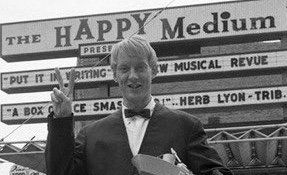
The
Mister Kelly’s team is overwhelmed by the incredibly talented and generous
people that we have met, while creating our archive of the Marienthal Brother’s
legendary nightlife empire. From colorful Rush St. regulars to famous
performers, and everyone in-between, it has been a thrill. One of the most exciting encounters has been
working with the renowned photographer, Art Shay. At the age of 95, Art is truly a legend in
his own time.
Shay began his career as a writer and journalist, but after showing a great eye for capturing images, soon transitioned into a career as a photographer. Based out of Chicago, he became one the nation premier photographers, working for major publications such as Life, Time, and Sport Illustrated. Art Shay photographed everything, from historic moments (1968 Democratic Convention) and iconic personalities (Muhammad Ali, The Rat Pack, President Kennedy), to street photography that captured the everyday life of average Americans. In the process he became one of the most celebrated artists of his medium and a Chicago legend.
In light of this, we were honored when Mr. Shay was kind enough to donate one of his brilliant works to our project recently. The print is a wonderful slice of Chicago’s Rush Street from the 1960s. The photo was taken outside of The Happy Medium and features actor Tom Williams dressed as a child, holding a toy boat.
Why is a grown man dressed as a child? Why a toy boat? Well, this can be explained. Tom Williams was part of was a comic review, produced by the Marienthal Brothers, called Put it In Writing . In the political satire, Williams plays America’s youngest president (an obvious nod to the newly elected JFK), who still has some childlike features. Put it in Writing would become the biggest play to originate at The Happy Medium and, after a long run in Chicago, it eventually made its way to New York for an off-Broadway production.
We are humbled to receive this generous gift from such a preeminent artist. The photo is a brilliant image of mid-century Chicago history, from one of the men who documented it best. The photo will be cherished and used in our mission to record this unique piece of Chicago and American history. We wish to give a heartfelt thank you to our friend Art Shay, who contributed this beautiful photo to the Mister Kelly’s archive.
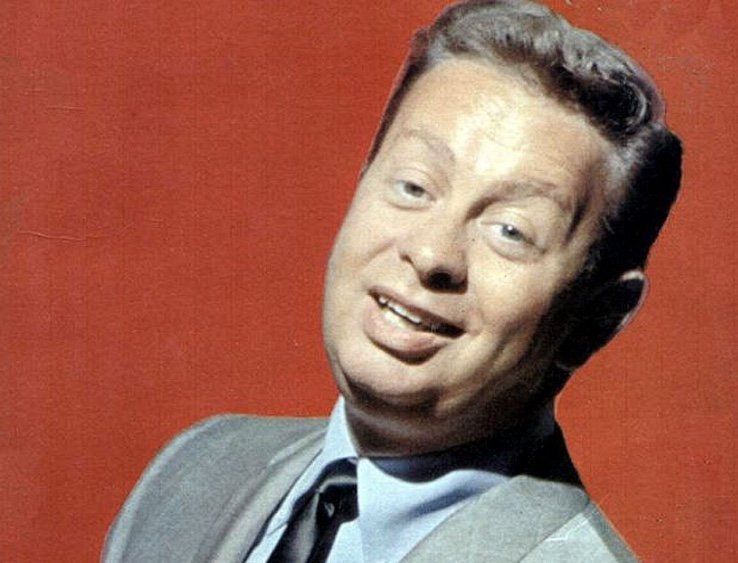
Guest Blogger Sam Fazio is a popular Chicago vocalist. He writes about Chicago’s own Mel Tormé, who appeared at Mister Kelly’s many times over the years.
A Kid from the South Side
Born Melvin Howard Tormé in 1925 on the south side to Jewish Russian immigrants, he started singing at a very young age of four with the Coon-Sanders Orchestra, performing at Chicago's Blackhawk restaurant. He continued his early career on radio series, playing drums and writing songs—all before high school graduation.
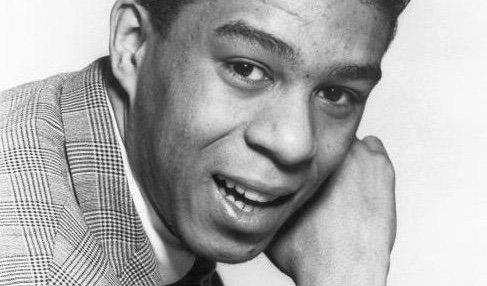
Mister Kelly's is excited to welcome our newest young guest-blogger, Historian Adam Carston: Simply put, there is American comedy before Richard Pryor, and American comedy after Richard Pryor. With his combination of fearless honesty, provocative language, streetwise cool, and political savvy, he separated himself from other stand-ups. In the process, he also inspired a generation of comedians and cut a new path for them to travel. But Pryor’s famous, challenging persona was not born overnight. It took years of hard work and experience, and a good measure of pain and go-to-hell abandon to fully define it. While there are multiple chapters in Richard Pryor’s emergence as a cultural icon, some key moments that would help shape his career, worldview and revolutionary comedic style took place at none other than Chicago’s entertainment hot spot on the forefront of political change: Mister Kelly’s.
